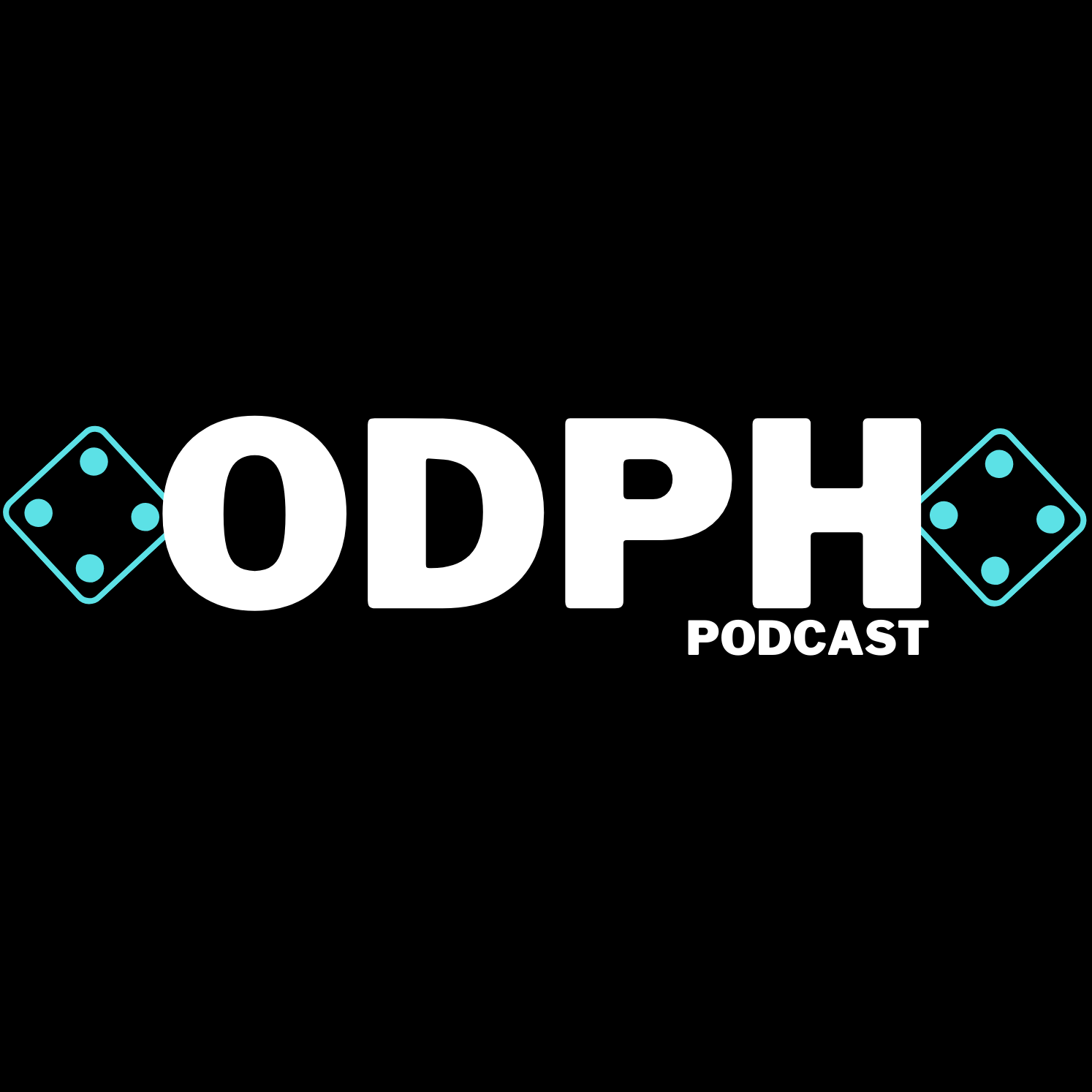Ep 212: Reset Health by Starting with Stress
Doni Wilson, author of Master Your Stress, Reset Your Health, joins us to explain the science behind the body’s stress response. We talk about how everyone’s reaction to stress is unique, and how teens can take some steps to de-stress.If you've enjoyed Talking to Teens, we'd love if you could leave us a five-star rating, and if you have time, a review! Full show notesToday’s teens are at risk of major stress overload. On top of managing their grades and competing for spots at exclusive universities, they’re battling the onslaught of a recession and a world battered by a pandemic. They’ve also got to navigate a complicated digital landscape! With phone notifications going off every five minutes demanding their attention, it’s no wonder teens are chronically stressed out.You may have heard of some stress relief methods for kids, like yoga, journaling, or taking long walks...but do they really work? Do teens need to go to therapy to feel better? Should they quit their extracurriculars to make more time for relaxation? What could possibly give kids the stress relief they need?The bottom line is, stress isn’t one-size-fits-all, and neither is the solution! If we want to find out how teens can de-stress, we’ll have to learn more about how each teen’s body processes stress in the first place.To learn more about the nuances of stress and possible solutions, we’re talking to Dr. Doni Wilson, author of Master Your Stress, Reset Your Health. Doni is a doctor of naturopathic medicine, a certified nutrition specialist, a bestselling author and an internationally renowned speaker! As a clinician, Doni focuses on stress recovery–specifically the regulation of hormones like adrenaline and cortisol.In our interview, Doni is breaking down the body’s stress response and how it affects everyone differently. We’re also discussing how teens can take some steps towards de-stressing, and how we can spot a teen that’s overwhelmed by stress.Cortisol And AdrenalineLet’s say your teen is driving, only a few weeks after getting their license. They’re on the freeway, trying to merge into traffic, when suddenly a huge truck shows up on their left. They might feel a jolt of panic, as their body alerts itself to this new danger. This sensation is a result of their adrenal glands releasing adrenaline, says Doni, which is the body's first response to a stressful situation.The human brain is constantly monitoring its environment, ready to react to stress at any moment–and when something sets off a stress response, our adrenal glands get to work, says Doni. With the release of adrenaline, our bodies go into flight or flight mode, alerting our sympathetic nervous system and making us more alert.When responding to stress, our body also produces cortisol, another hormone. This raises our blood sugar, halts our digestion, and suppresses our immune system so that our body can devote all its energy to handling the stressor at hand, says Doni.These chemicals are necessary for human survival, as they help humans navigate intense situations–like our teen avoiding a truck on the road. But these hormones are supposed to subside once teens aren’t stressed anymore, so that the body can reset itself. When teens' lives are filled up with tests, college admissions essays, football practice, keeping up with their friends on the internet and worrying over the state of the world, they’re not giving their body a break from the stress. This can cause their stress monitoring systems to go haywire! Doni explains this system failure further in the episode, and the repercussions it can have on teens’ health.If we want teens to relieve their chronic stress, they’ll have to help their body reset. But how can they do this? In the episode, Doni is explaining how everyone’s body is different–so treatment has to be unique.Address The High StressDe-stressing looks different for everyone, Doni says. That’s because everyone’s body responds to stress differently. Everyone has varying levels of cortisol and adrenaline, she explains. Some people have a cortisol deficit and others produce too much. Some people are more prone to producing stress hormones in the morning, while others get stressed in the evening. There’s no one-size-fits-all solution to such a complex and varying problem, Doni says.Some of these differences can be attributed to genetics. Doni explains that some people are genetically predisposed to produce more cortisol, and feel higher levels of stress. There are also genetic differences that affect how quickly these hormones are metabolized. For some, a stress response can last a few minutes, while others feel stressed for hours. There are also generational aspects, Doni explains–the stress our parents and grandparents experienced can have an effect on how our own bodies process stress.Because everyone’s stress response is different, every individual requires a unique solution, says Doni. Instead of assigning blanket remedies for stress, Doni suggests taking your kid to a doctor to have their adrenaline and cortisol levels measured. In doing so, you can find out specific information about how your teen is handling all the stress of modern teen life–and how you can help them manage it.To get you started, however, Doni reveals some practices she often shares with her patients to help them both resolve and prevent stress.Stress Relief BasicsA huge part of healing from chronic stress comes from certain herbs and nutrients, according to Doni. As she explains in our interview, chemicals like dopamine and serotonin that make us feel happy and content come from amino acids–which ultimately are produced by our diet! Eating nutritious foods can help us reset our systems and can even prevent teens from becoming overly stressed.Doni also recommends teens get adequate sleep. Humans need about seven to nine hours of sleep each night to maintain a healthy lifestyle, she explains, and without this, teens can easily become susceptible to stress. Exercise can help, but not always, says Doni, as it can raise cortisol levels for some depending on the intensity of the workout. Higher cortisol levels can make it harder to sleep, so Doni encourages teens to avoid exercising before bed.If you’re worried that your teen might be overwhelmed by stress, Doni says there’s a few signs you can look out for. Chronic headaches and stomachs can be the result of constant stress, as can tiredness. If teens show a sudden disinterest in something they used to enjoy, they might be struggling under a load of stress they can’t seem to get rid of. Doni suggests taking your teen to a doctor and having their hormone levels measured, to find individualized treatment that actually works!In the Episode….If your teen is chronically stressed out, you won’t want to miss this episode. On top of the topics discussed above, we also talk about:How chronic stress can lead to autoimmune disordersWhy scheduling can help teens de-stressHow teens can stick to new habitsWhy humans need some stress to function properlyYou can find more of Doni’s work on her website, drdoni.com, or on instagram @...
# Personalized SolutionsCustomized stress management strategies tailored to individual physiological stress responses.

















































